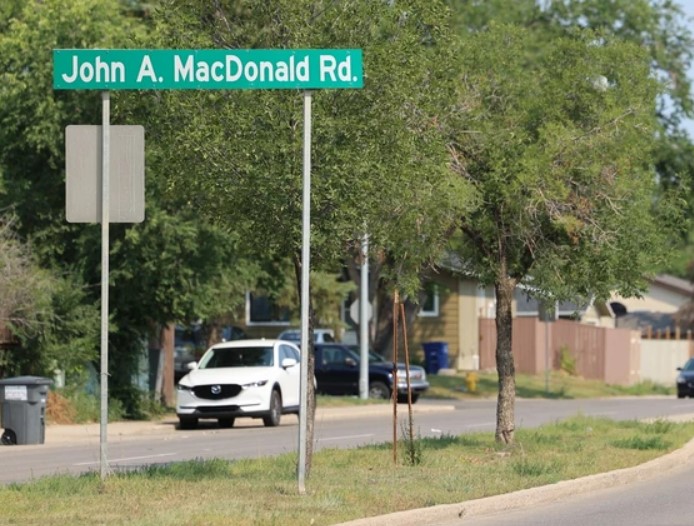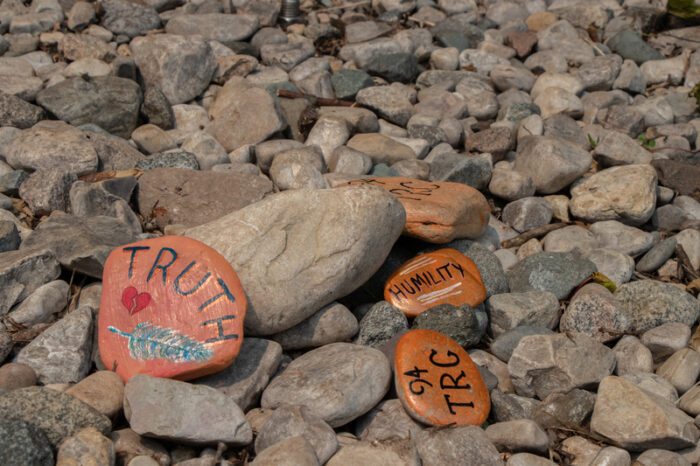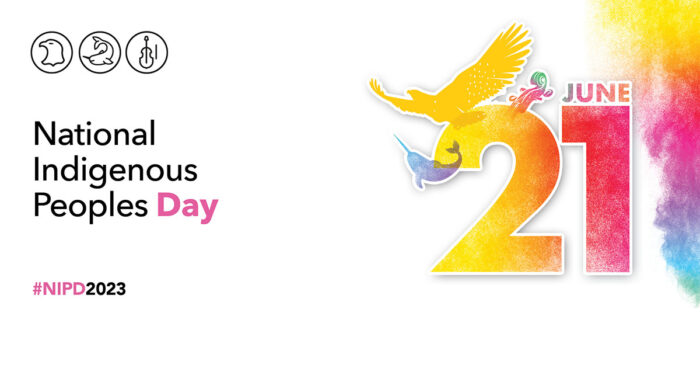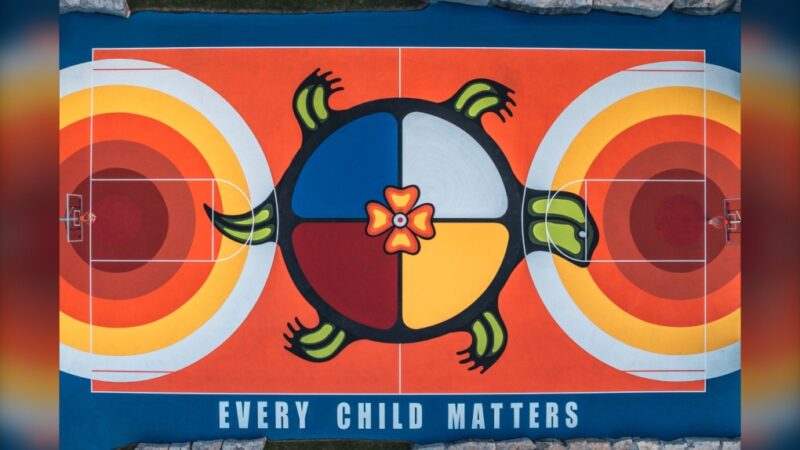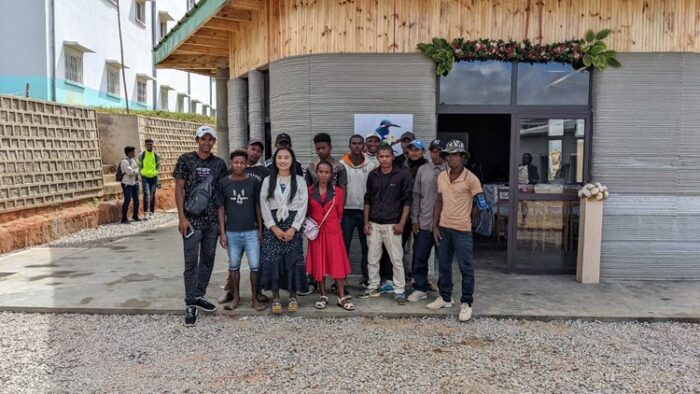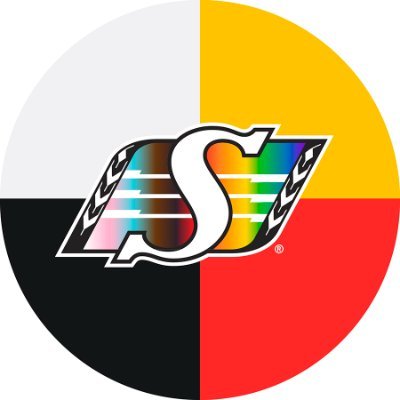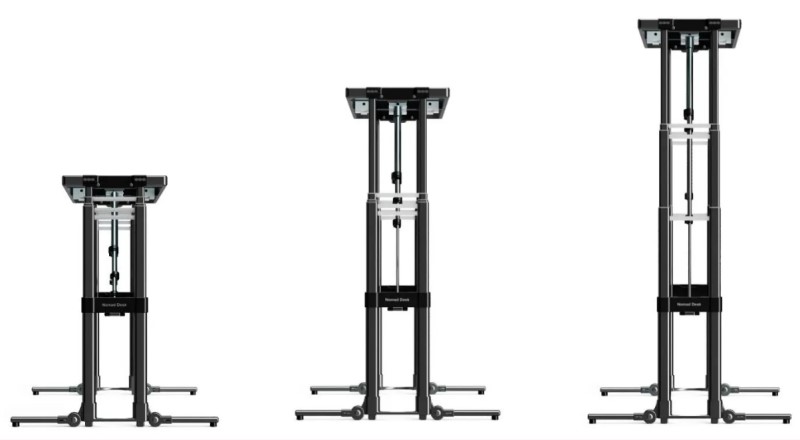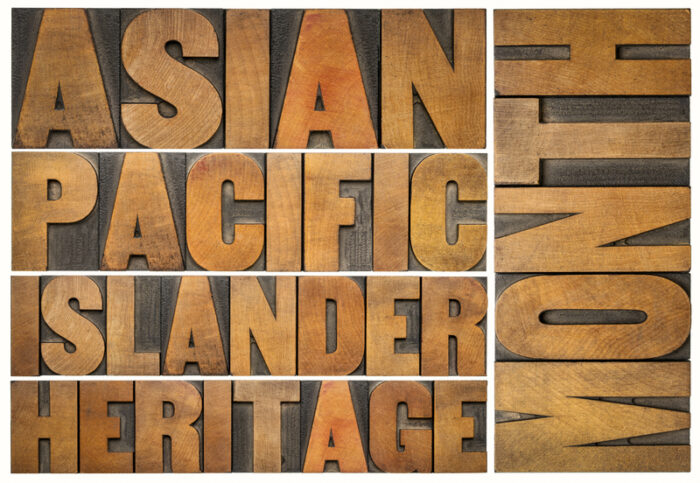For this story, we are refraining from stating the name being changed by the Washington NFL club. Several Indigenous communities have expressed that is a powerful racial slur and that, as with other similar slurs, we should avoid writing it wherever possible.
For many years now, the National Football League's (NFL) team in Washington, D.C. has been the subject of protests and petitions. The reason?
Its name, which has long been acknowledged as a racial slur against Indigenous people in North America and which people wanted to see changed.
On July 13, the team announced that it was finally going to do just that.
After 87 years, the name and the logo—which shows the head of a Native American warrior—will be changed. Though the replacement hasn't been announced yet (the team says they are considering options right now), this is a big moment in the ongoing fight for respect and equality by Indigenous peoples in the United States and beyond.
A long time coming
A 2013 protest against the use of the name for the Washington football club. (Getty Embed)
For decades, the National Congress of American Indians (NCAI) has worked to get this name changed. For many activists, it felt as though this day would never come. And with very good reason.
The Washington team's officials had long insisted that there was nothing wrong with the name. In particular, team president Dan Snyder has always been very firm about keeping it. In 2013, he told USA Today that he would "NEVER" change it, stressing that 'never' should be written in all capital letters to show how much he meant it.
So what changed?
Mounting pressure
Colin Kaepernick (7) is joined by teammate Eric Reid (35) as he kneels to protest police brutality on Sept. 12, 2016. Kaepernick's actions started a movement in sports culture... (Getty Embed)
In addition to the years of Indigenous activism against Washington's team name, we are now in a moment of strong social justice protests across the United States and Canada. And these protests can aid each other's causes, even when they don't appear to be about the exact same thing.
The NFL itself was at the centre of BLM protests in 2016 when then-San Francisco 49ers quarterback Colin Kaepernick began kneeling during the national anthem to protest police brutality.
Though his protests cost him his future in the league, he inspired many around the world. Kaepernick also received endorsements and support from several companies, especially sports clothing giant Nike. Some businesses were becoming more active in social justice than ever.
And in the end, it is a combination of increased social justice awareness and large company pressure that seems to have changed Snyder's mind.
Come together
Both Black protesters and Indigenous protesters are fighting against types of racism. (Getty Embed)
Though Kaepernick's protests were specifically about Black rights, Black rights and Indigenous rights have common themes. These communities are both affected by systemic racism. And currently, many BLM and Indigenous activists are calling attention to how their causes intersect, or meet with many common solutions.
Last week to put more pressure on Snyder and the team, Nike stopped selling all Washington merchandise—uniforms, shirts, and more—on its website. And three days ago, the main sponsor of Washington's home field, FedEx, announced it was pulling support for the team unless it changed the name.
These moves meant that the team stood to lose a lot of money. When added to the pressure that was already there due to the protests, Snyder and the team felt that it had to act.
What about the others?
Edmonton's football club is another team that has faced protests over its name, an Algonquin term that refers to the Inuit and Yupik Indigenous peoples. (Getty Embed)
After Snyder's decision was made official, the NACI released a statement:
Today is a day for all Native people to celebrate. We thank the generations of tribal nations, leaders, and activists who worked for decades to make this day possible. We commend the Washington NFL team for eliminating a brand that disrespected, demeaned, and stereotyped all Native people, and we call on all other sports teams and corporate brands to retire all caricatures of Native Americans that they use as their mascots.
This brings up an important point. There are other sports teams that currently use Indigenous stereotypes and/or imagery. These include the NFL's Kansas City Chiefs, Major League Baseball's Cleveland Indians and Atlanta Braves, the National Hockey League's Chicago Blackhawks, and the Canadian Football League's Edmonton Eskimos.
Washington's mascot had long been considered the worst such name in pro sports for a simple reason: it was a derogatory slur. But whether the other names are based on actual terms (chief) or suggest honour or strength (brave), Indigenous activists point out that there is still a big problem with them. These are examples of white people using—or appropriating—parts of Indigenous culture without permission.
Now that the Washington NFL team has agreed to change its name, it will likely be much harder for the other teams on this list to continue to refuse a change themselves.
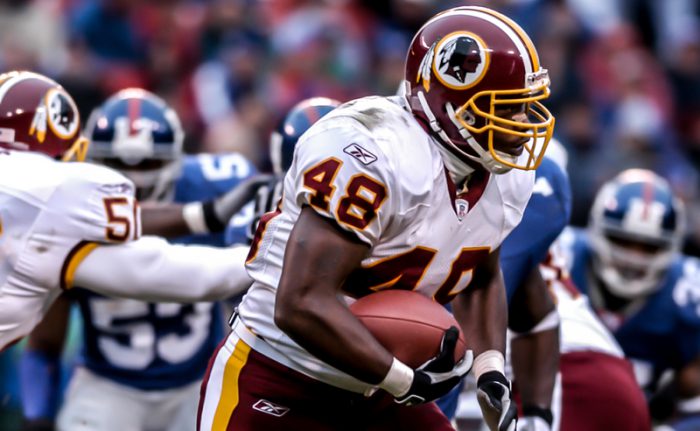 The team is currently deciding what its new mascot and logo will look like. (© Jerry Coli - Dreamstime.com)
The team is currently deciding what its new mascot and logo will look like. (© Jerry Coli - Dreamstime.com)
